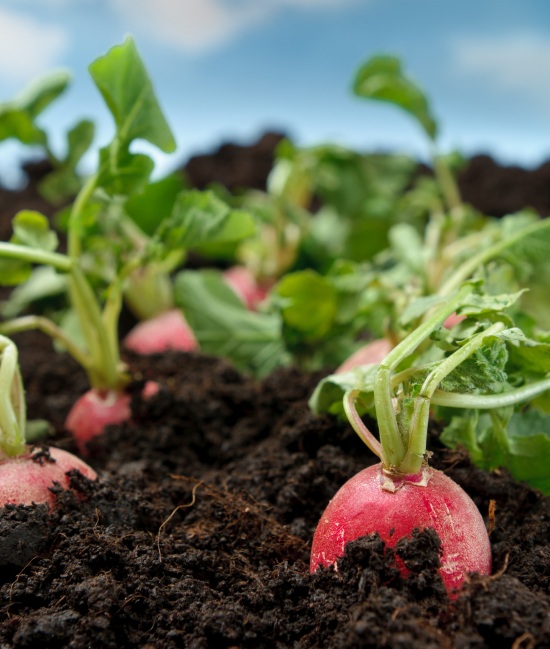In recent years, the phrase “British Summer Time” has become not a time period in which the clocks change, but, let’s face it, something that is said by despairing citizens looking out of their windows at torrential rain which is threatening to make their unused barbecue float away down the street. In fact, this summer has proven to be worse than most, with May’s glowing sunshine nothing but a distant memory.

However, this affects not only those wishing to leave their house without waterproof clothing, but also commercial property retailers.
MOVEHUT has already reported on record low prices in clothing retail commercial properties and similar high street stores due to the need to draw shoppers out of their homes and into the downpours plaguing the country. Yet it is not only fashion stores wishing to move summer stock that have seen issues arise from the unseasonable weather – commercial property supermarkets have also had to put contingency plans in place, this time due to the availability of stock, or rather, the lack of it.
Homegrown vegetables such as potatoes and peas usually grow in abundance at this time of year, allowing supermarket commercial properties to stock up and take advantage of the plentiful supply coming in from farms across the United Kingdom. This year, however, farmers have warned that the miserable weather has meant a huge drop in the crops they can grow, as many are now struggling to bloom due to the lack of sunshine.
Instead, supermarket commercial properties are being forced to buy into the foreign import trade, with much of the vegetables on the shelves coming from countries such as Guatemala, Israel, Portugal and South Africa. Clearly this is a problem for British farmers, who will lose out on revenue, but also for the supermarkets themselves, who will have to pay greater fees to import the vegetables from abroad.
Chief executive of the British Growers Association, James Hallett, highlights some of the shortages that are likely to cause problems for UK commercial property supermarkets over the course of the season.
He says; “The courgette season is running a bit late, and the UK onion season has been a bit slow to come this year as the plants have not been getting enough sunshine.”
Also, ground flooding has become something of a problem, with many farmers unable to harvest their crops, or even plant them in the first place, due to waterlogged soil. If the soil contains too high water content, essential nutrients absorbed by the roots of plants are diluted, which can cause genetic defects in the produce itself. This is especially a problem in root vegetables, with carrot growers claiming that there has been a 20 to 25 per cent decline in harvested mass, leading to commercial property supermarkets primarily relying on South African imports to meet demand.
Yet chief horticultural advisor for the National Farmers Union, Hayley Campbell-Gibbons, claims that all may not be lost for farmers who provide supplies for commercial property supermarkets.
She says; “If the wet weather settles then we could see many of these crops appearing later in the season.”
Hopefully, the British summer will re-appear and allow farmers to get back on track with their harvests. With dairy farmers and commercial property supermarkets currently locked in a dispute over fair pricing, the last thing either group needs is to see their revenue washing away.